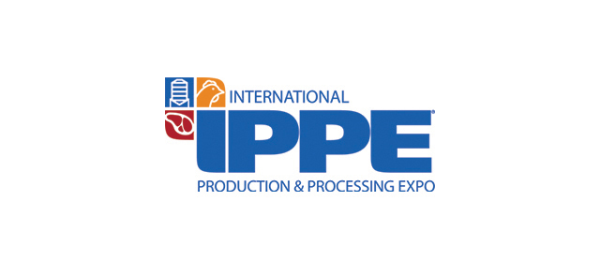In a significant policy shift, Russia has announced the cancellation of its duty-free quota on poultry imports starting in 2025. This decision marks a departure from the current system, which allows for the importation of poultry meat without tariffs under a specific quota. The move is expected to have wide-ranging implications for both domestic and international poultry markets.
Background and current policy
For several years, Russia has maintained a duty-free quota system for poultry imports to stabilize domestic prices and ensure a steady supply of poultry products. In 2023, the Russian government introduced a 140,000-tonne tariff quota allowing for duty-free importation of chicken meat, which was in effect throughout 2024. This measure was aimed at increasing domestic supply and controlling food inflation, especially in the wake of the COVID-19 pandemic and rising global food prices.
Reasons for the policy change
The decision to cancel the duty-free quota is driven by several factors. Firstly, the Russian government aims to bolster its domestic poultry industry, which has faced challenges such as outbreaks of bird flu and fluctuating production levels. By removing the duty-free quota, the government hopes to encourage local producers to increase their output and reduce dependency on imports.
Secondly, the move is part of a broader strategy to enhance food security and self-sufficiency. Russia has been striving to reduce its reliance on imported food products, and this policy change aligns with that goal. The government believes that supporting domestic poultry producers will lead to a more resilient and sustainable food supply chain.
Implications for domestic producers and consumers
For domestic poultry producers, the cancellation of the duty-free quota presents both opportunities and challenges. On one hand, it provides an incentive to ramp up production and capture a larger share of the market. On the other hand, producers will need to invest in improving their operations to meet the increased demand and maintain competitive prices.
Consumers may experience short-term price increases as the market adjusts to the new policy. However, the government expects that in the long run, increased domestic production will stabilize prices and ensure a reliable supply of poultry products.
Impact on international trade
The cancellation of the duty-free quota will also affect international poultry exporters, particularly those from countries like Brazil, which have been major suppliers to the Russian market. Exporters will now face higher tariffs, making their products less competitive compared to locally produced poultry. This could lead to a shift in trade dynamics, with exporters seeking alternative markets and Russia potentially exploring new trade partnerships.
Conclusion
Russia’s decision to cancel the duty-free quota on poultry imports is a strategic move aimed at strengthening its domestic poultry industry and enhancing food security. While the policy change may lead to short-term market adjustments, the long-term goal is to create a more self-sufficient and resilient food supply chain. Both domestic producers and international exporters will need to adapt to the new landscape, which promises to reshape the poultry market in Russia and beyond.
Source: avinews.com















Got a permit for that chicken coop?
Anyone who keeps outdoor birds in Wales and England will now have to register them as part of efforts to prevent fresh outbreaks of bird flu.
Birds kept indoors are not affected, but anyone with chickens, fowl or pigeons living outdoors will need to register their coops for free.
Farmers said it was “vital” to protect the poultry population, but one pigeon fancier said he feared the hassle would drive some to quit the hobby.
There have been few recent avian influenza cases in the UK involving captive birds in recent years and in 2021 there was a high of 360 cases, leading to millions of birds being culled.
Owners who fail to register risk being fined or even imprisoned, though officials at the UK government’s Animal and Plant Health Agency (APHA) stressed any punishment under the new regulations would be “proportionate”.
Previously only people keeping 50 or more birds in their flock had to register.
Guto Lloyd-Davies keeps one hen at his home in Denbigh area and said it was a hassle to have to register for a solitary bird, but added that it made sense to know where birds are to help halt the quick spread of disease.
Deputy First Minister and Secretary for Rural Affairs Huw Irranca-Davies said it would mean communication with bird keepers in the case of an outbreak.
Farmer and presenter Alun Elidyr called for the registration system to be made easy and accessible to everyone, including those in rural areas with poor internet service.
Pigeon fanciers also come under the new registration system and Tim Gunter, 38, from the Rhondda Valley Pigeon Federation warned that older people may struggle with online services, leading to “a lot of fanciers finishing”.
“There’s no reason for [the government] to know,” he added.
“It’s a hobby so why should we register,” he asked, adding that pigeons are not known to carry avian flu.
Richard Irvine, chief veterinary officer for Wales said: “The APHA will be able to contact bird keepers if there are outbreaks of a notifiable disease in their area, such as bird flu, to inform them of the steps they need to take to protect the health of their birds”.
“Hygiene and smart biosecurity remain essential to protect flocks from the threat of diseases.”
Source: BBC